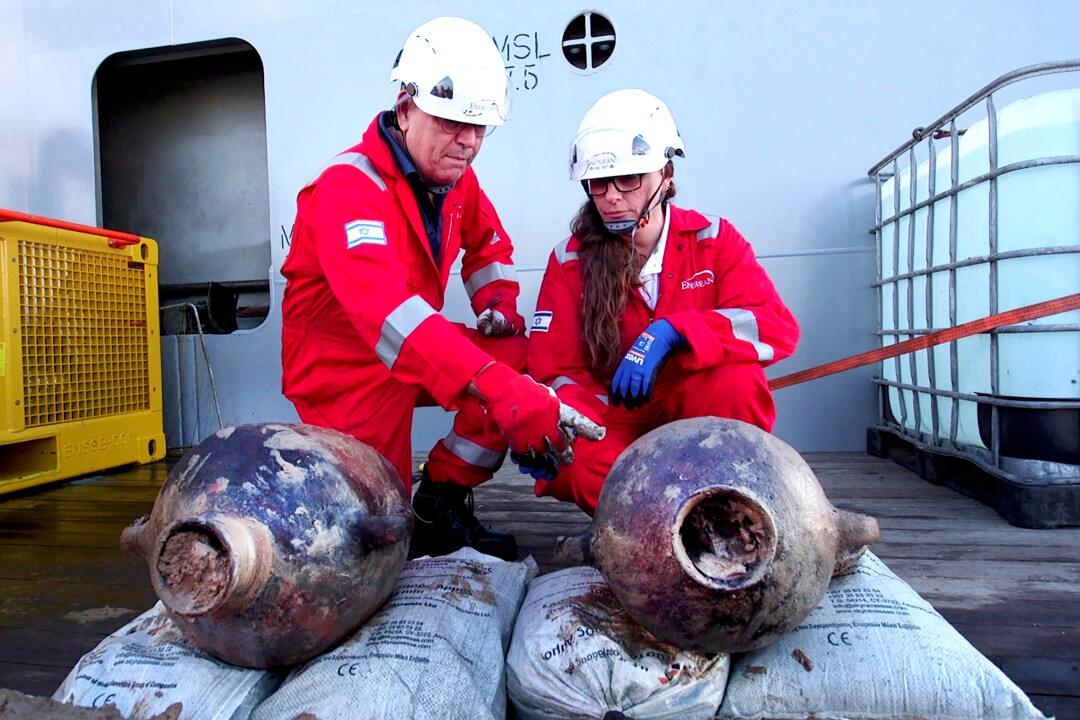A Ninth Circuit court on Monday went against a Berkeley ordinance that banned natural gas piping in new buildings inside the city.
A district court had dismissed an action from the California Restaurant Association, a dismissal that is now reversed by the Ninth Circuit court, according to its published opinion on the case (pdf).





